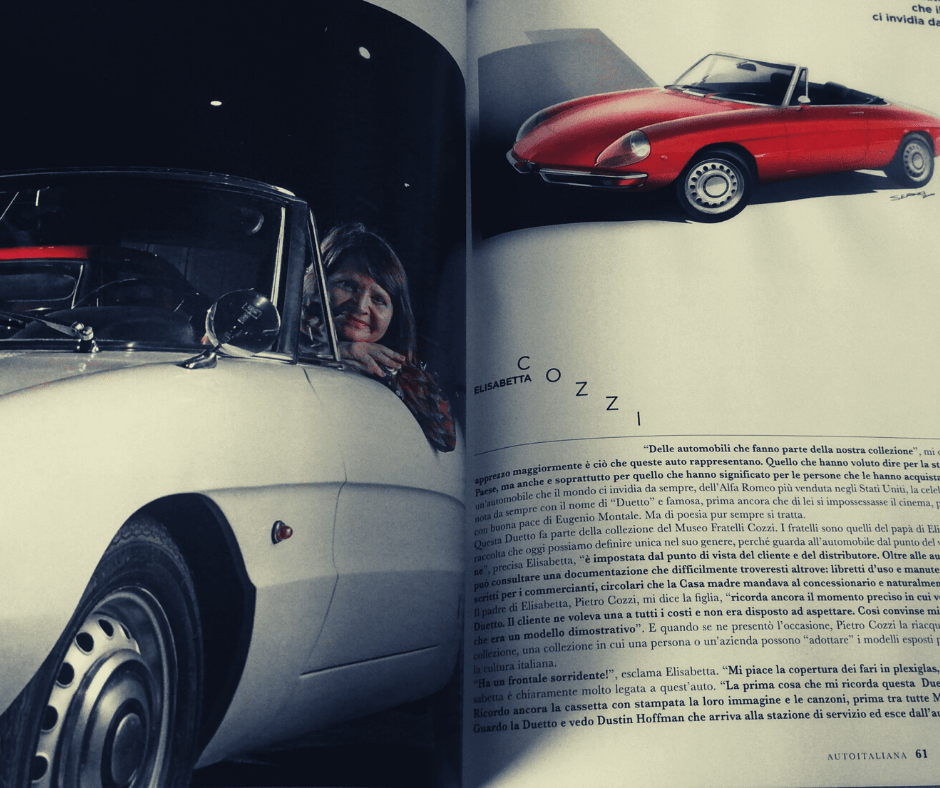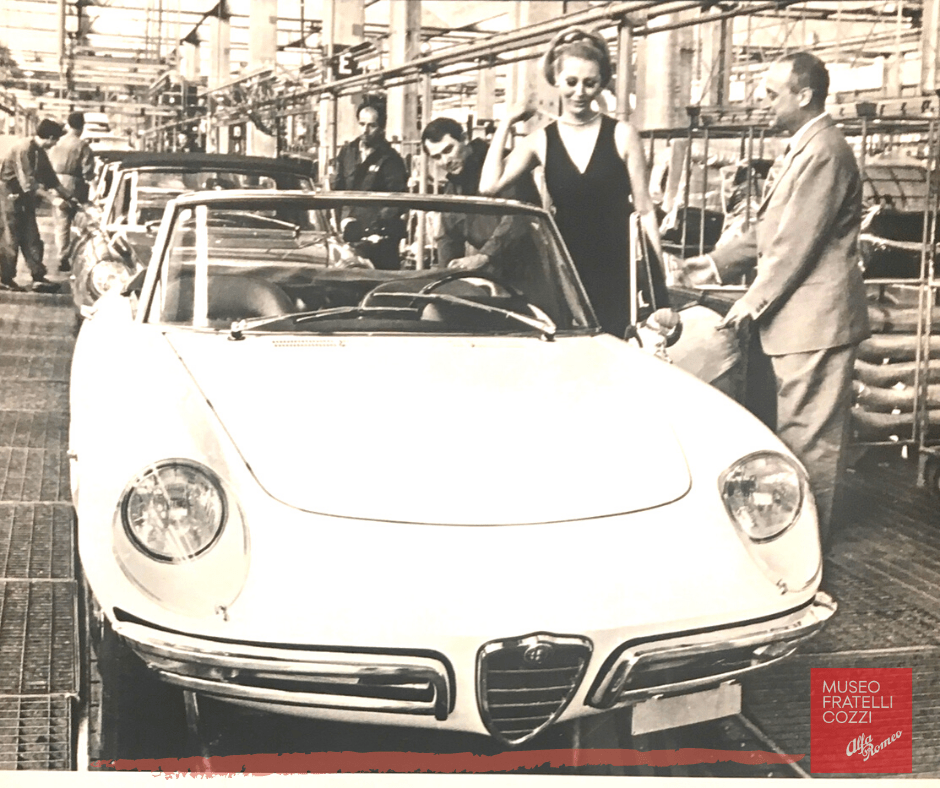(*) The Hays Code listed three 'General Principles':
No film shall be produced which lowers the moral standards of the audience. Therefore the sympathy of the audience shall never be directed toward crime, deviant behavior, evil or sin.
Only correct standards of living will be presented, with only such limitations as are necessary for drama and entertainment.
The Law, whether natural, divine or human, will never be ridiculed, nor will the spectator's sympathy for its violation be solicited.
Nudity and lewd dancing were forbidden. The ridicule of religion was forbidden; ministers of worship could not be represented as comic or evil characters.
The depiction of drug use was forbidden, as was the consumption of alcohol, "when not required by the plot or for adequate characterization".
Methods of executing crimes (e.g. arson, or smuggling, etc.) could not be presented explicitly.
Allusions to "sexual perversions" (which, at the time, included homosexuality) and venereal diseases were prohibited, as was the depiction of childbirth.
The section on language banned various offensive words and phrases.
Murder scenes had to be shot in such a way as to discourage their emulation in real life, and brutal murders could not be shown in detail. "Revenge in modern times" was not to appear justified.
The sanctity of marriage and family had to be upheld. "Films must not conclude that the lowest forms of sexual relations are accepted or commonplace things." Adultery and illicit sex, however much it was acknowledged might be necessary for the plot, could not be explicit or justified, and should not be presented as an attractive option.
Depictions of relationships between people of different races were forbidden.
"Passionate scenes" were not to be introduced unless necessary for the plot. "Excessive and lustful kissing is to be avoided," along with other treatises that "might stimulate the basest and grossest elements."
The flag of the United States of America was to be treated respectfully, as were the peoples and history of other nations.
Vulgarity, i.e., "low, disgusting, unpleasant, though not necessarily negative subjects" were to be treated within the dictates of good taste. Subjects such as capital punishment, torture, cruelty to minors and animals, prostitution and surgery were to be treated with equal sensitivity.
(wikipedia source)








